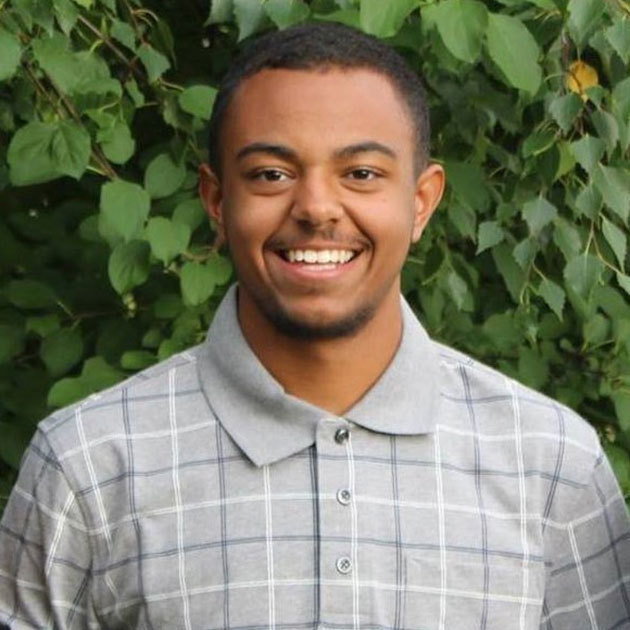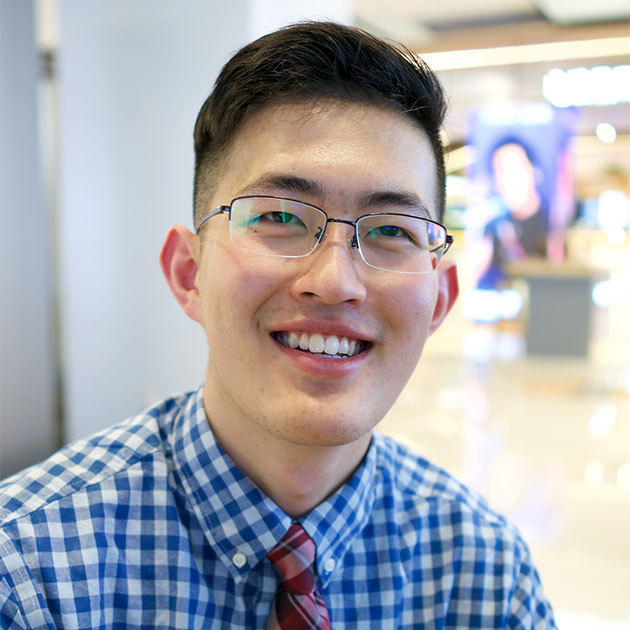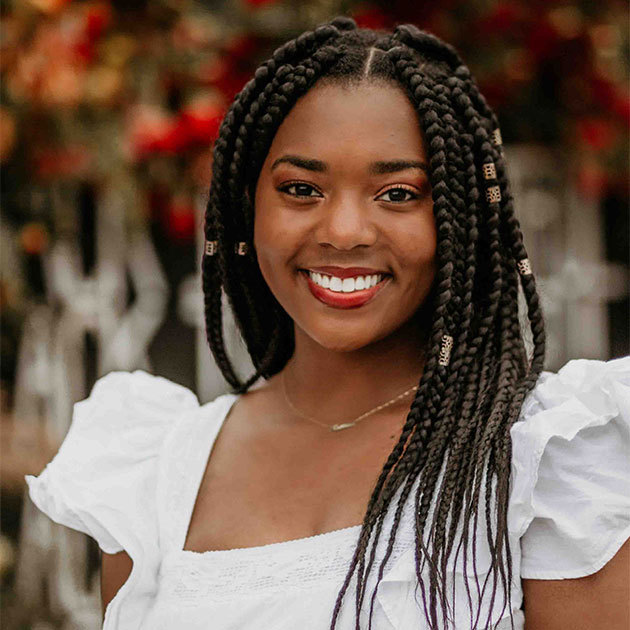Each year, College of Letters & Science students are invited to submit essays that detail the ways in which their liberal arts experience at UW has prepared them to lead informed, engaged and purposeful lives, with the winning essay and two runners-up receiving stipends. The 2020 winning entry follows, with links to the second and third-place runners-up at the sidebar.

My earliest memories of growing up Black in a rural, predominantly white town in Wisconsin are marked by the hurled racial slurs that would later evolve into spit and drunken white fists as I grew out of boyhood. These racialized experiences carried over into my high school classrooms, where teachers questioned whether I had a father-, and peers uttered monkey noises in the hallway. All of these negative memories that I tried hard to suppress from growing up in Wisconsin, quickly boiled to the surface this summer, a summer of reckoning for America.
Amidst the resurfacing of these suppressed memories, the unequal impacts of COVID-19 on Black and brown communities, and the struggle for racial justice after the murder of George Floyd and the shooting of Jacob Blake, my mental health was drained. I spent days trying to find the right words to express how I was feeling during the summer without it seeming empty and curated, but the reality was that I was simply exhausted. Exhausted not only from the past few months but for the centuries that Black Americans have had to suffer from oppression from a nation that claims to exercise justice and equality. A nation that has loved so much of Black culture whether it be through music, fashion, or sports. A nation that loves to see a Black man running on the football field or basketball court, but not in the streets because if it is in the streets, running will get you killed.
I sat with the reality that there is nothing stopping me, or my little brother or sister from being the next George Floyd, Ahmaud Arbery, Eric Garner, Freddie Gray, Tamir Rice, Michael Brown, LaQuan McDonald, or any of the other Black person that has gone to the grave due to the injustices and inequalities that exist in America. There is nothing stopping my family from holding the next funeral. The reality of that sits heavy on my chest and in my stomach. It sits heavy on my heart that my siblings are going to see a video of a Black man crying to breathe in the next state over. It breaks my heart that they will live in a world knowing that there are people that are willing to kill them because of the color of their skin, and it hurts knowing that years ago my Black grandparents, too, were worried and saddened by the same issue. It saddens me that people my siblings know and admire will try and justify the actions that took place that day, or any other day, or a system that continues to dehumanize them. As if, a bag of chips looted from a Target is equivalent to the lives of one of my siblings. It saddens me to know that some people will only appreciate my siblings for their hearts and souls the way I do. I was exhausted and stuck.
Although I was exhausted, I was aware of my power and privilege. I have been privileged to be able to attend the University of Wisconsin-Madison, one of the best universities in the nation, and I had the power to use the resources and education they provided me to inform, educate and create meaningful change to fight against white supremacy and systemic racism. I can feel how I have grown as an individual throughout my undergraduate experience at the University of Wisconsin-Madison, and I know it is in large part because of the liberal arts education that the university has provided me. The growth that I have seen within myself started with two of the first courses that I enrolled in during my first semester, History of American Education with Dr. Walter Stern and Introduction to Chicana/o and Latina/o Studies with Ph.D. Candidate Kristina Fullerton Rico.
In Professor Stern’s History of American Education course, we unraveled the long, oppressive history of the American education system from the beginning of its conception to the present day. In doing so, Professor Stern taught us how to critically analyze and interpret history to inform and assess the present. To effectively understand why minorities, both racially and economically, in the United States suffer from the lack of quality of education, it was essential to understand how minorities were systemically and intentionally disenfranchised through white supremacist systems. Furthermore, we analyzed the ways in which the education system was structurally designed to promote cultural assimilation and craft the notion of what it meant to be an American citizen. Professor Walter Stern challenged us to critically access the structures within the American public education system and government. In doing so, he provided us with the foundations necessary to understand how the create meaningful structural change to these systems of oppression and recognize the patterns and policies that perpetuate the inequities that impact marginalized communities.
For my Ethnic Studies credit, I enrolled in Introduction to Introduction to Chicana/o and Latina/o Studies with Ph.D. Candidate Kristina Fullerton Rico. I felt as though in order to build my cultural understanding and competency, I needed to be more informed about cultural
challenges beyond just my own. As a result of this course, I am able to recognize the ways in which the same structures that oppress Black Americans also affect those within the Latinx community. Additionally, I am now more educated and conscious of the unique challenges that
the Latinx community face due to white supremacy such as language barriers and issues surrounding citizenship and deportation. I will never know or understand the fear and anxieties that many within the Latinx community face surrounding their unique challenges; however, I feel
much more confident and informed about the ways in which I can disrupt systems that perpetuate these inequities and be an ally.
The liberal arts education at the University of Wisconsin-Madison has provided me the skills and perspective necessary to dismantle the systems that have allowed for the disproportionate impacts of COVID-19 on communities of color, and Black and brown bodies to
be dehumanized. As I move forward in my academic career and life, I am confident and eager to utilize my education and voice to dismantle white supremacy systems and systemic racism. Surely, the struggle and fight for racial justice will not be easy; it will take a village. However, it will also take a classroom, whether that be a physical classroom or the classroom of life itself, it is all of our duties to work towards justice. As a University of Wisconsin-Madison graduate, I will be a leader in the fight.

